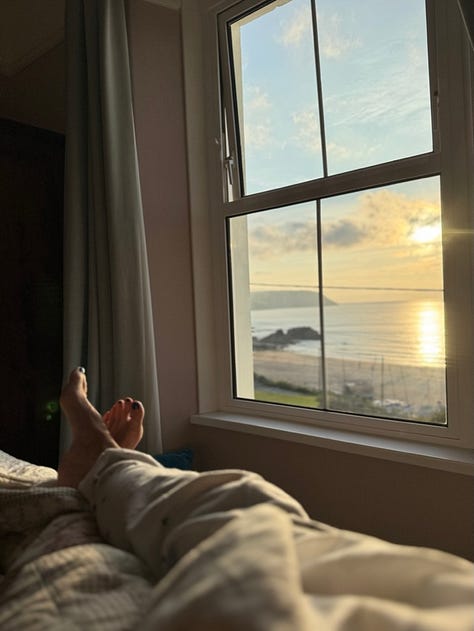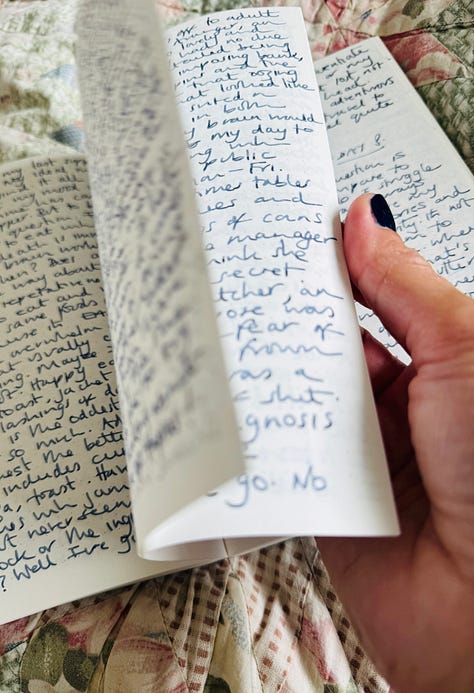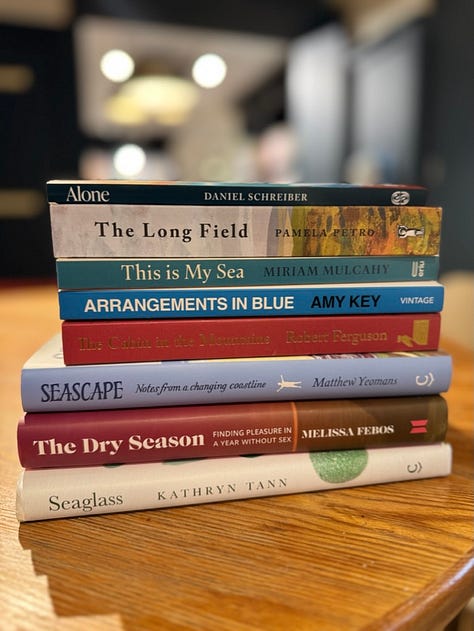


If you’ve just discovered my Substack or have been a regular free subscriber to my newsletter ‘with ease’ thanks for taking the time to connect. I dearly hope this essay resonates and if you find some value in my writing please consider becoming a paid subscriber. Thank you in advance, it really does mean the world to me.
Dear friend
What’s news and how is your week going? I ask these questions wishing we could pick up a conversation, just have a chat, because right now I’m finding writing quite cumbersome. Which isn’t like me at all. So I’m sat here quietly hoping my writing lull shall pass.
As you may well know I’ve been a devoted journal keeper for years. And you’ll also know that I’m constantly sharing the therapeutic benefits of putting pen to paper, the way journalling can help process emotions, gain clarity, and help us find our way out of the calamity and chaos of life. It’s been my go-to wellbeing ritual for anyone seeking a deeper connection with themselves, it’s kind of beco…




